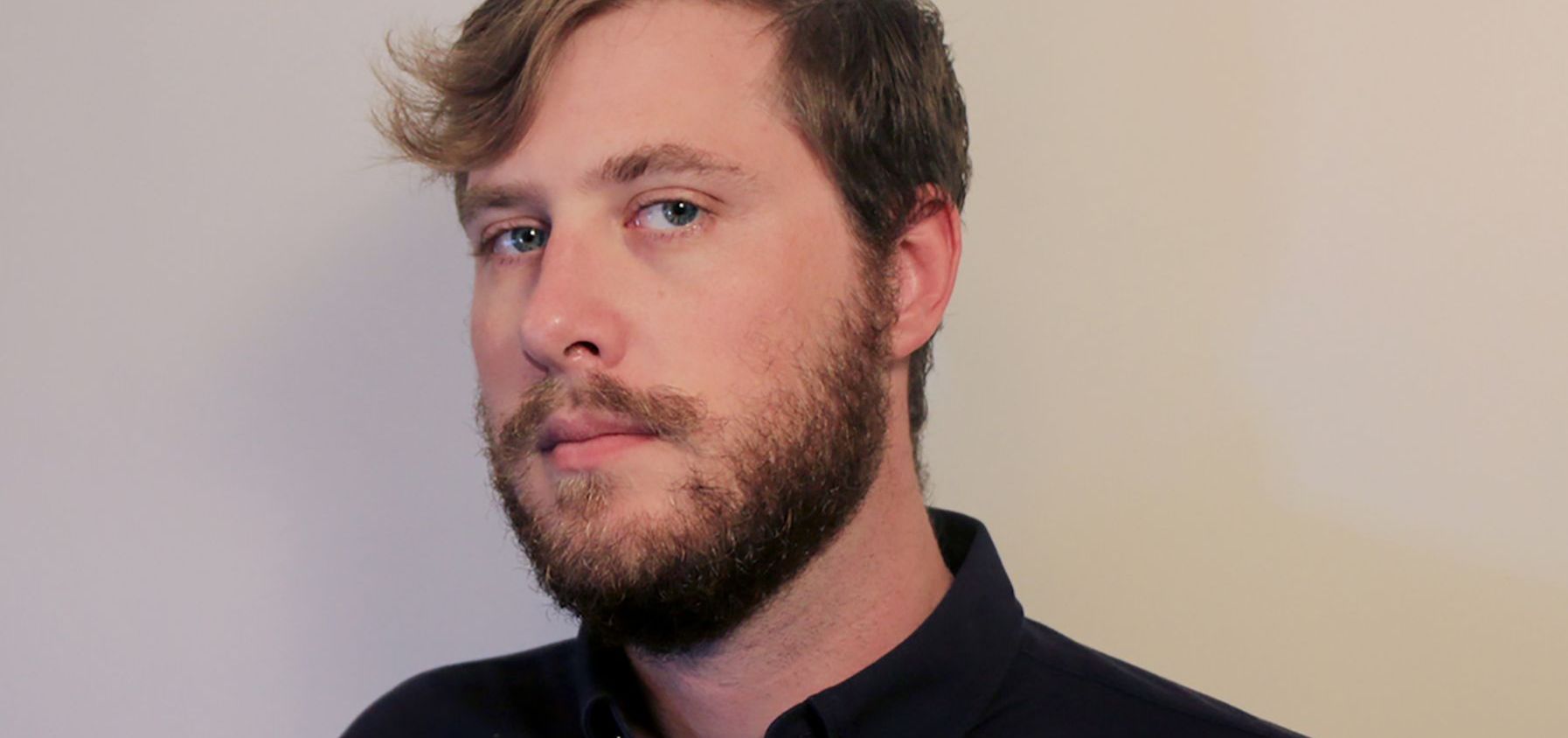“People are just really exhausted by Twitter and so Discord offers a slightly more intimate way to socialize online”
According to Forbes, it's "the most original media experience of the year." Led by Casey Newton, eight freelance tech journalists have launched their own virtual newsroom on Discord, an audio-based platform popular with gamers, whose use has diversified with the pandemic. Entitled Sidechannel, the Discord server is an embryonic newsroom. On the app, subscribers can chat with each other, attend live exclusive interviews. This improved Slack was launched in parallel with the paid newsletters of each of the creators. Ryan Broderick, a journalist specializing in web culture and the head of Sidechannel, talks to us about the origin of the project.
«Discord just seemed something that could really work with newsletter writers» What would be your definition of Discord?
Is it a "way for readers to see how the sausage gets made," as your colleague Warzel puts it?Discord servers are really common for streamers and other forms of influencers. They're also super common for communities on Reddit. So for me, it was kind of a no-brainer. There are a lot of really cool things that online creators outside of the media are doing to manage audiences and Discord just seemed something that could really work with newsletter writers. I also think people are just really exhausted by Twitter and so Discord offers a slightly more intimate way to socialize online.Where did you get the idea from?
Haha. I accidentally covered that a bit above, but basically, my friend Bijan Stephen was using Discord for his Twitch audience and I saw how well it was working for him and thought I'd give it a try for my own audience. The Garbage Day Discord was working really well and then Casey took that idea and ran with it.Why did you choose Discord and not another social network?
Discord has a bunch of features that makes it great for this kind of community management. It has really good moderation tools. You can spin up a server super easily and it has a really good audio product. It offers a lot more options than something like Clubhouse.What are the values that drive this collective?
We all write about different things, but the way I'd describe it is "people who write about the culture of computers." It's not a perfect summary, but I think it fits. Between the eight of us, it feels like we're really aggressively covering the social politics of technology and media. And so the values of the collective I think flow downstream from there.After Mark Zuckerberg, who are your next guests going to be and what kind of feedback are you getting from people using the platform?
Our guest list is changing all the time so unfortunately I can't give you any scoops on who is coming next, but I think the general thinking behind who we're bringing is just interesting people that our audiences are excited about. Zuckerberg coming on day one was an incredible opportunity and I can't wait to look back a year from now and say: "Oh wow, look at all these great people we had on."Do you agree with Sara Fischer from Axios when she says: "Writers' collectives create a sweet spot for journalists and pundits looking for the support of peers but more autonomy than a traditional newsroom offers" ?
I'm naturally suspicious of anything that anyone thinks is the future of media, haha. So I want to avoid that. I think the media in general has been contorted into a really weird shape because everyone assumes there's only one perfect model. This model right now works for us and maybe it won't a year from now! But that's what makes it exciting!Would you say people who launch their newsletter should definitely join a collective?
Absolutely not. I think you should do what makes sense for you. I know plenty of writers who are perfectly happy on their own and I know a bunch who prefer being part of something larger. I think overall it's more important to find a model that you like and can support you and is healthy.What do you think of "the creator economy"?
Do you think it is something that will last?I think "the creator economy" is exciting, but it also worries me. I love the idea of independent creators filling up the internet with great and amazing things, but I'm terrified of the idea of a world where no one has health insurance and has to grind non-stop to make internet content.«I think public social media is going to get smaller and more aggressive and chaotic, like Twitter is now.»You are the writer of the Garbage Day newsletter which "explores the deeper and intricate details of online culture and social media". What trends do you see for the future of social media?
I think public social media is going to get smaller and more aggressive and chaotic, like Twitter is now, while private social media gets more popular, like Discord. And think this is going to cause a lot of very strange problems and weird developments in culture. Haha! And I'm very excited to write about all of those developments.So, I think overall technology is making popular culture or our concepts of popular culture extremely elastic. With enough people online, you can shape reality however you see fit. Which is a very scary and exhilarating idea. You can pump a stock and make it the most valuable company in the country, you can petition for a new version of the Justice League or a new design for the Sonic movie and it could happen, or you could gather a bunch of people named Josh in a field. The internet has created a new form of reality and it's only becoming more "real" every day.







Suivez-nous
|